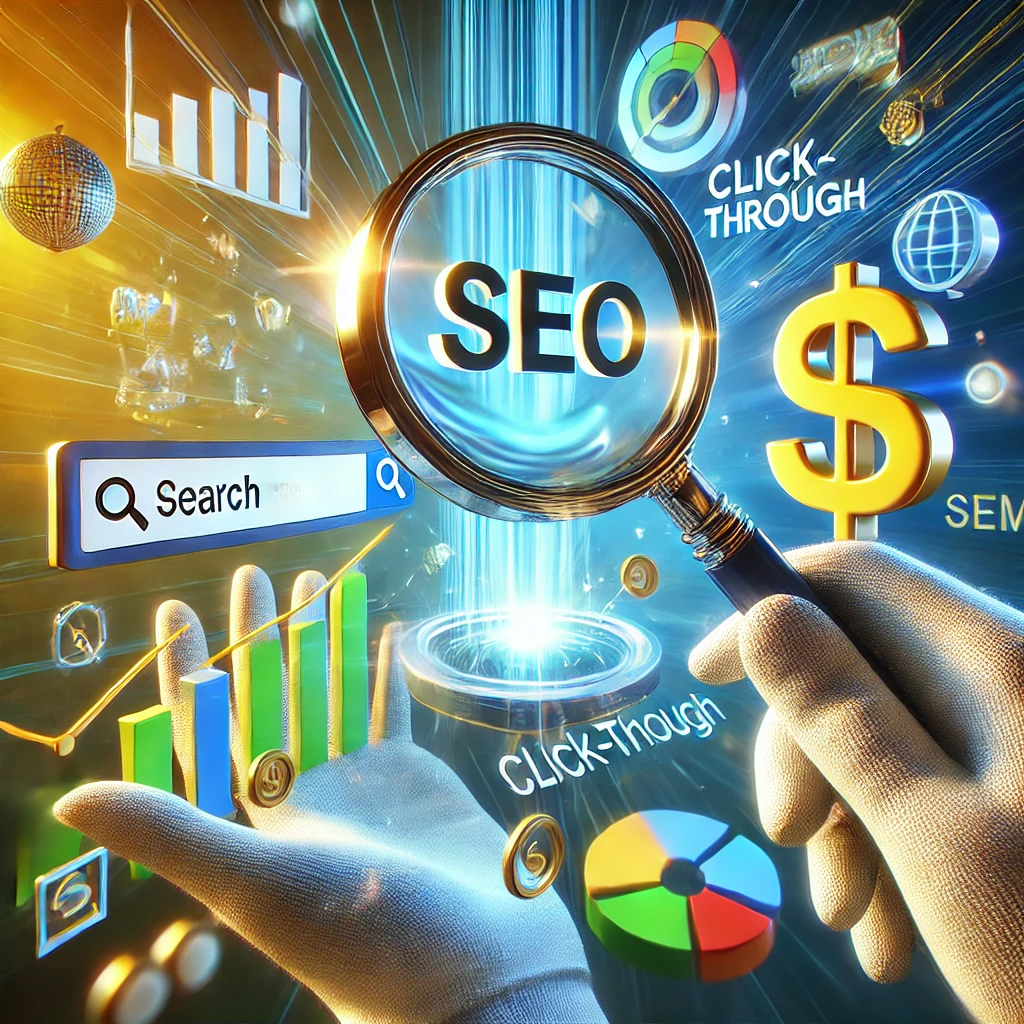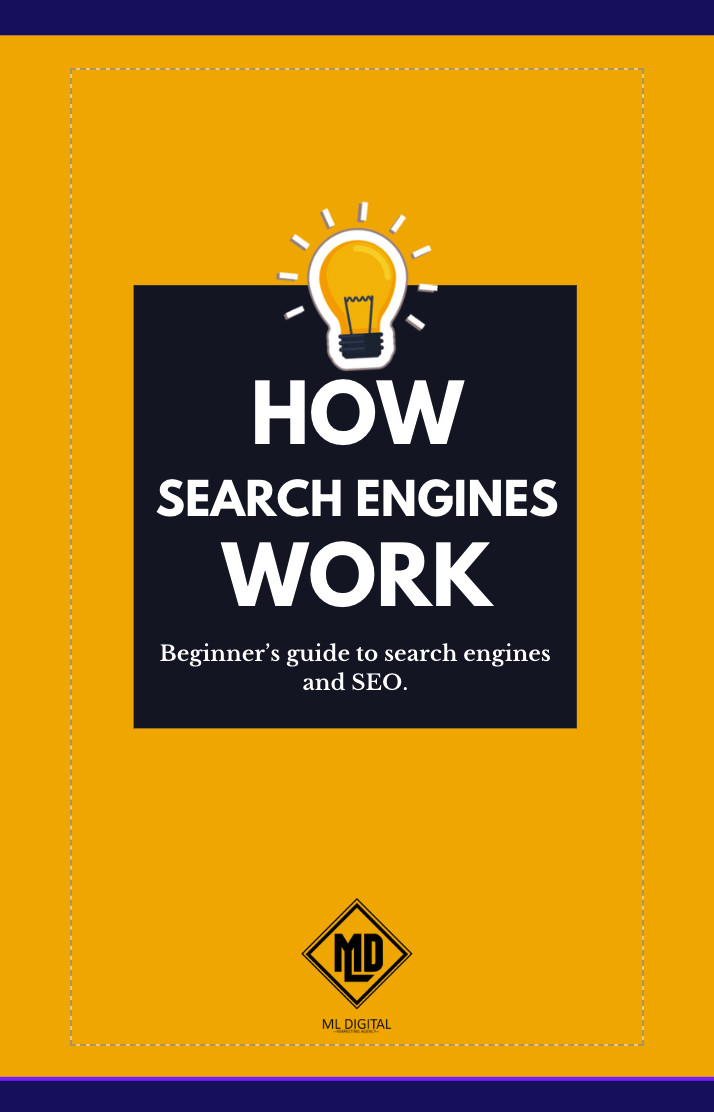Understanding the SEO Industry’s Market Worth
SEO isn’t just a buzzword—it’s a billion-dollar industry shaping how businesses grow online. Whether you’re a small business owner, an e-commerce brand, or a Fortune 500 company, SEO plays a crucial role in driving traffic, boosting brand visibility, and increasing revenue. But what exactly is the value of the SEO industry, and why should businesses invest in it? Let’s break it down.
Growth and Expansion of the SEO Market
The SEO industry is booming—and it’s not slowing down anytime soon. In 2024, the global SEO market is projected to exceed $122 billion. With businesses shifting to digital-first strategies, SEO investment is becoming a non-negotiable expense rather than an optional one.
Consider this: 68% of online experiences begin with a search engine. If your business isn’t ranking on Google, you’re missing out on a massive share of potential customers. Companies that invest in SEO market worth strategies see higher conversion rates, increased brand trust, and sustainable online growth.
SEO’s Role in the Digital Economy
SEO fuels the digital economy by connecting businesses with their target audiences. Unlike traditional marketing, which relies on paid ads and aggressive outreach, SEO creates a sustainable organic growth system.
Think of SEO like planting a tree—at first, you won’t see much, but over time, it grows, providing long-term ROI in the form of consistent traffic, leads, and revenue. Whether it’s e-commerce, SaaS, or local businesses, SEO remains one of the most cost-effective ways to acquire customers.
Key Industries That Rely on SEO
Almost every industry benefits from SEO, but some rely on it more than others:
- E-commerce: Competing for product rankings on Google and Amazon.
- Local Businesses: Showing up in “near me” searches (think restaurants, law firms, plumbers).
- Healthcare: Connecting patients with relevant medical services and information.
- Real Estate: Driving traffic to property listings and agents.
- B2B & SaaS: Generating inbound leads through content marketing and SEO strategies.
Without a solid SEO strategy, businesses in these industries risk losing visibility to competitors who dominate search rankings.
Why SEO is a Critical Investment for Businesses
The Long-Term ROI of SEO Strategies
Unlike pay-per-click (PPC) advertising, where you stop getting traffic the moment you stop paying, SEO is an investment that keeps paying off. A well-optimized website can generate consistent organic traffic for years, leading to lower customer acquisition costs and higher profits.
Let’s put it this way—if SEO were a gym membership, PPC is like hiring a personal trainer for a month, while SEO is like building long-term fitness habits. Which do you think provides lasting results?
Organic vs. Paid Search: Which Delivers More Value?
Many businesses wonder: “Why not just pay for ads instead of waiting for SEO to work?” While PPC can deliver instant results, organic SEO has compounding benefits:
- More Clicks: Organic results get 70% of all clicks, while paid ads only get 30%.
- Higher Trust: People trust organic listings more than paid ads.
- Better ROI: SEO traffic costs nothing per click, while PPC can become expensive over time.
Think of PPC as renting a house and SEO as buying one. With PPC, you pay every month for traffic, but with SEO, once you rank, you keep getting free visitors.
Case Studies: How SEO Transforms Business Success
Take Company X, a small e-commerce brand struggling with low traffic. After investing in SEO, they optimized their product pages, built backlinks, and created high-quality content. Within a year, organic traffic grew by 300%, leading to a 150% increase in revenue.
Or consider a local law firm that revamped its website and focused on local SEO. They jumped from page 3 to the top 3 Google search results for “best personal injury lawyer in [City],” leading to a 60% increase in client inquiries.
These are not exceptions—this is what happens when businesses take SEO seriously.
The Future of the SEO Industry and Emerging Trends
AI and Automation in SEO
AI tools like ChatGPT, Google’s Bard, and RankBrain are revolutionizing SEO. From automated content creation to advanced search algorithms, AI is making search engines smarter and more intuitive.
What does this mean for businesses?
- Content should be high-quality and human-focused (no keyword stuffing!).
- AI-driven analytics can help optimize search performance faster than ever.
- Voice search and natural language queries are becoming more prominent.
Voice Search and Mobile Optimization
With the rise of smart assistants (Siri, Alexa, Google Assistant), voice searches now make up over 40% of all online searches. This means businesses must:
- Optimize for long-tail keywords and conversational queries.
- Ensure their website is mobile-friendly and loads quickly.
- Use structured data to help Google understand their content better.
The Shift Towards User Experience and Core Web Vitals
Google has made it clear—user experience (UX) matters. Websites that load slowly, have poor design, or provide bad user experiences are penalized in search rankings.
To stay ahead, businesses must focus on:
- Site speed optimization (no one waits for a slow website!).
- Mobile-first design (more than half of web traffic is mobile).
- Engaging and valuable content that keeps users on the page.
How to Leverage SEO for Business Growth (CTA Section)
Actionable Steps to Implement SEO Strategies
If you’re ready to start leveraging SEO, here’s a quick roadmap:
- Conduct keyword research to target high-value terms.
- Optimize on-page elements (titles, meta descriptions, headers).
- Create high-quality content that solves user problems.
- Build authoritative backlinks from reputable sites.
- Monitor and improve Core Web Vitals for better user experience.
Choosing the Right SEO Agency or Tools
Not every business has the time or expertise to manage SEO in-house. That’s where SEO agencies and tools come in. If you’re considering outsourcing, look for:
- Agencies with proven case studies and results.
- Transparent pricing (beware of cheap “instant ranking” services!).
- A team that stays up-to-date with Google algorithm updates.
Measuring SEO Success: Metrics That Matter
SEO isn’t just about ranking high on Google—it’s about real business results. Here are the key performance indicators (KPIs) to track:
- Organic traffic growth
- Keyword ranking improvements
- Conversion rate from organic visitors
- Backlink quality and authority score
Final Thoughts: Let’s Get Your SEO Strategy Rolling
SEO isn’t just an option—it’s a must for businesses that want to thrive online. With the right strategy, you can increase visibility, drive targeted traffic, and boost revenue while staying ahead of the competition. At ML Digital Marketing, we specialize in custom SEO solutions designed to help your business grow sustainably.
Ready to future-proof your business? Contact us today for a free consultation, and let’s craft a winning strategy to take your online presence to the next level!
FAQs
1. How long does it take to see results from SEO?
SEO is a long-term strategy. Most businesses start seeing significant results in 3 to 6 months, but competitive industries may take longer.
2. Is SEO better than social media marketing?
SEO and social media serve different purposes. SEO drives long-term organic traffic, while social media helps with brand awareness and engagement. The best strategy combines both.
3. Do small businesses really need SEO?
Absolutely! Local SEO helps small businesses appear in searches for nearby customers, making it essential for growth and visibility.
4. How much does SEO cost?
SEO pricing varies. DIY SEO is free but time-consuming, while agencies charge anywhere from $500 to $5,000+ per month, depending on the scope and competition.
5. Can I stop doing SEO once I rank on Google?
No! SEO requires ongoing efforts to maintain rankings, adapt to Google algorithm updates, and stay ahead of competitors. Stopping SEO can lead to a drop in visibility.








